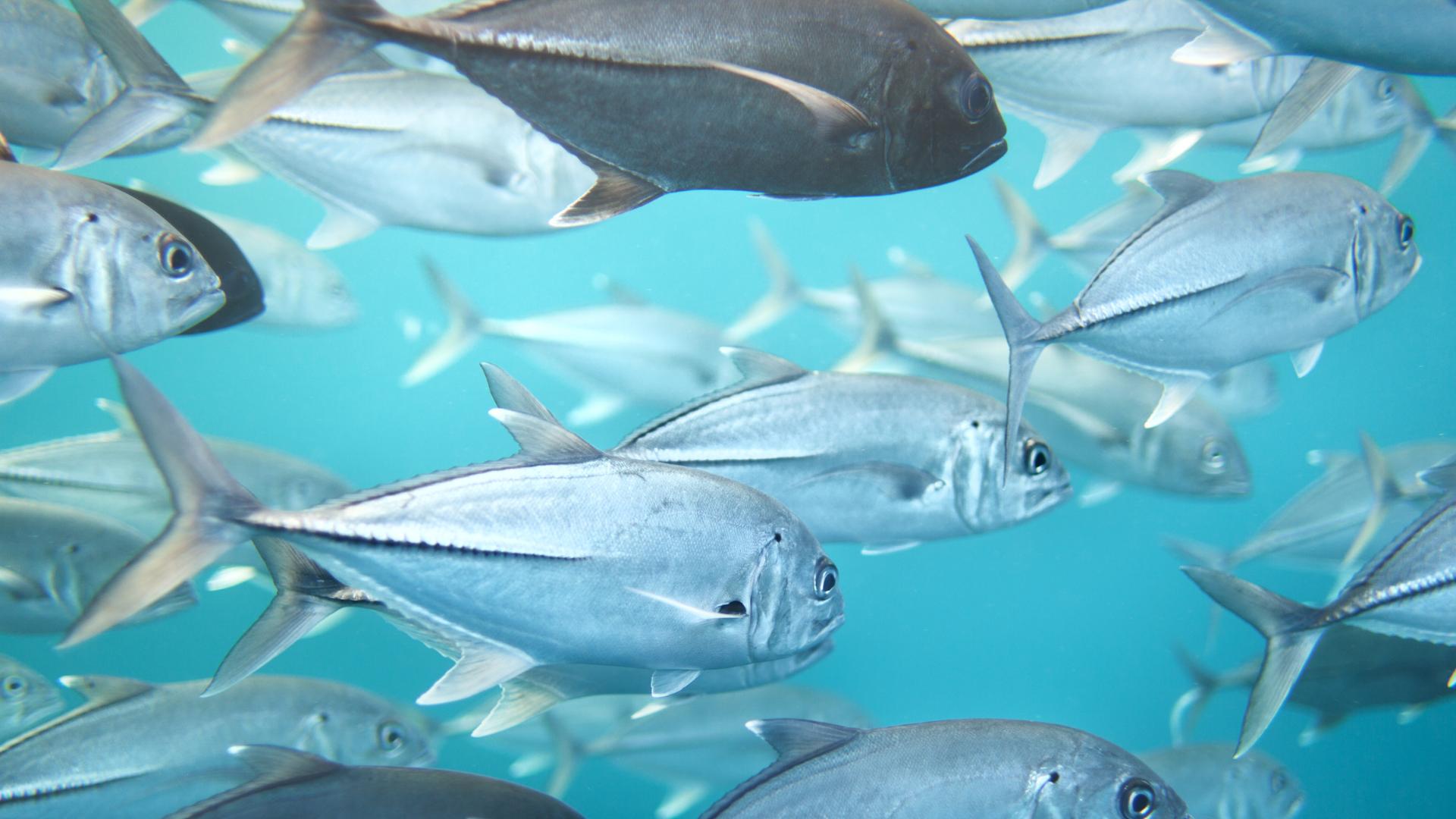Researchers: Urbanisation amplifies climate change through increased soil emissions
“Such conversions affect ecosystem functions and impacts biodiversity, ecosystem services such as provision of clean water as well as the function of such ecosystems as climate regulators,” says Professor and Head of Center Klaus Butterbach-Bahl from the Pioneer Center Land-CRAFT at Aarhus University.
In a new study he and his colleagues shed light on the impact of urbanisation on climate change. The study reveals that urban greens are not only sources of greenhouse gas emissions (GHG) but that through altered soil processes the intensity of emissions are increasing. The findings highlight the urgent need to consider sustainable management of urban greens to mitigate effects of urbanisation on our climate.
New grant to help grain farmers find low falling numbers sooner
Washington State University will develop a new test that could save wheat growers millions of dollars thanks to a grant from the Foundation for Food & Agriculture Research (FFAR).
A diverse team of researchers and stakeholders from WSU and across the U.S. is developing a faster, cheaper, more accurate test that directly measures alpha-amylase, a protein that contributes to low falling numbers in wheat.
Tuna research: Advancing conservation and management knowledge
All along the Swedish west-coast sightings of jumping giant tunas are being reported. Already in early August an unusually high number of tunas were spotted in Öresund, indicating that the fish arrived here early and quickly migrated south to the strait. This bodes well for this year’s fieldwork where tunas will be equipped with transmitters to provide knowledge that can be used in management and conservation efforts.

